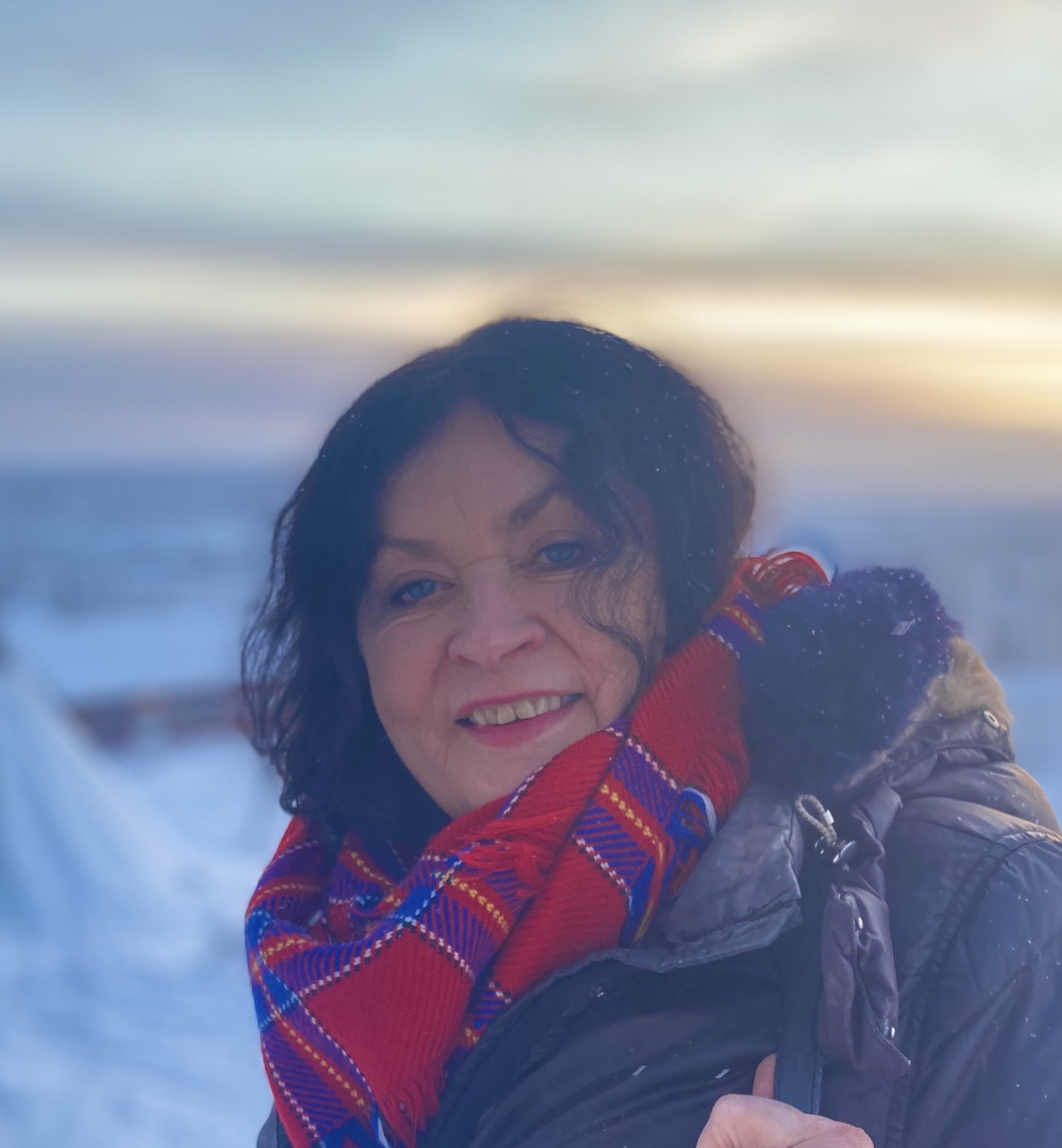KEYNOTE I – BRITT KRAMVIG
Sámi trails in the archive
The Knut Lunde archive was donated to the UiT The Arctic University of Tromsø library in 2013 after being safeguarded by his descendants since Lunde died in 1937. The archive consists of more the 30 000 letters from people in need of healing, and that trusted Lunde’s capacity to give hope, ease pain and improve their lives. In addition, the archive consists of Lunde’s consultation notes, documenting time, name, health condition, diagnoses and medical advice. The journals (1902-1937) seem to be guided and organized according to the more official medical journals practice, even though Lunde lacked biomedical education.
In this presentation I will mobilize the Lunde archive to make evident that a mode of One Health indigenous philosophy can be found in the practice of Lunde if we acknowledge him as an indigenous Sámi medical expert that within a context of colonization needed to modify his medical practice and how it was documented. In order to do so, we will need a decolonial critical and creative engagement with what archives are and can be. What would such a decolonizing engagement involve? How can we address the silencing done in archives and how can we open the archive to the present crises in health and medicine? To engage with these questions, I suggest that we need to go be one the historical archive and connect the archive to the memories embedded in the land, through engaging with landscape as archive.
BIO
Britt Kramvig is Professor at UiT The Arctic University of Norway. She has an interdisciplinary orientation and practices collaborative methodologies in all of her research. She is an expert of Indigenous ontologies, ecologies, aesthetics and storytelling. Ongoing publication efforts engage with locally embedded practice of reconciliation, memory and landscape – through research in the archive of the Sámi medical expert Knut Lunde. In several publications she argues that we should not merely focus on stories as products, but also on storytelling as an intersection in reciprocity. Storytelling can therefore inform an emergent politics of memory and enact landscapes of remembrance. This emphasizes the importance of not only the substance of the stories, but also the very act of participating in a shared event. It also emphasizes how this event brings our attention to our sense of being with-others, so promoting relation-weaving and world-making in which the past and the future are recalled as well as remade. For that reason, she has been engaged in several creative documentaries, such as Dreamland and Firekeepers and has for long been working with Sámi artists. She has co-edited the book Recognition, Reconciliation and Restoration: Applying a Postcolonial Understanding in Social Work and Healing (2020), and her co-written publications include Decolonized Research-Storying Bringing Indigenous Ontologies and Care into the Practices of Research Writing and Improving the Relationships etween Indigenous Rights Holders and Researchers in the Arctic: An Invitation for Change in Funding and Collaboration (2021). She is a fellow at the University of Durham connected to the project Exploring Arctic Soundscape and a member of the ongoing research project Mediating Arctic Geographies. Kramvig has a seat in the Norwegian Scientific Academy for Polar research and at IASC The International Arctic Science Committee. At UiT The Arctic University of Norway, she is a member of the research group Indigenous Voices (IVO) - Álgoálbmogii jienat and of Narrating the postcolonial North.

